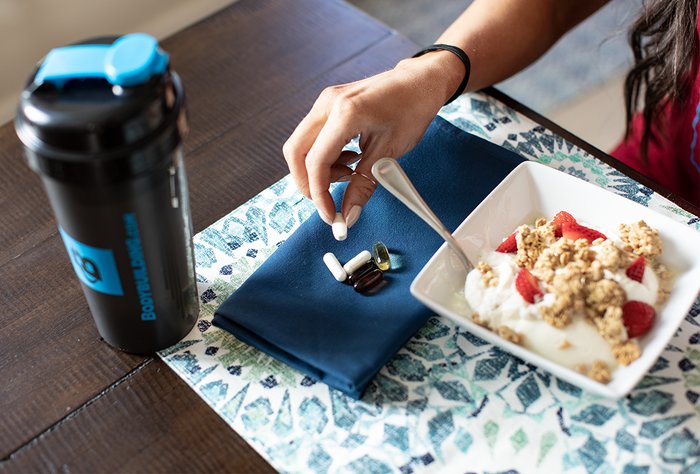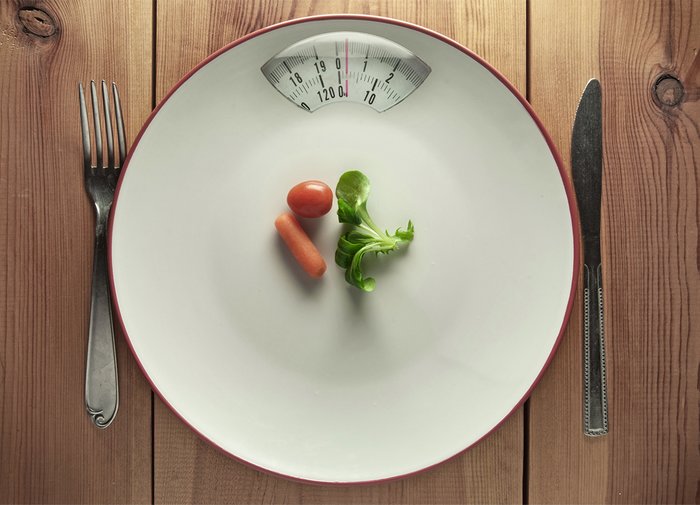As long as you take a reasonable approach to your overall nutrition and keep a watch on your stimulant intake, fat burners can be a safe way to increase your results. Here are the biggest rules to keep in mind.
Don't diet forever: To be clear, no, you don't need to be on a diet for the rest of your life to lose weight. As registered nutritionist Paul Salter explains in the article "Your No-BS Guide to Effective Weight Loss," a concise timeframe is the best way to get results.

"If you're serious about losing weight, plan on dieting for 10-14 weeks," Salter writes. "This will give you enough time to fine-tune your diet for your particular food preferences and activity level. If you cheat on your plan occasionally, just get back to it and keep moving forward."
After your diet, and once you cycle off of your fat burner, it's important to bump your calories back up to or above what is known as "maintenance," where your calories and calorie burn are roughly equal. One popular way to do this is what is known as a "reverse diet," where you gradually and systematically raise calories. Registered dietician Katie Coles explains how in her article "The Ultimate Guide to Reverse Dieting."
Don't go too low on calories: During your targeted diet phase, the key is to stay in a slight caloric deficit—that means consuming fewer calories than you burn. But don't think that fewer is always better! It's a common myth of fat loss, particularly among women, that an extreme calorie deficit is a good way to get more out of a fat burner.

"Plenty of diets cut calories seriously low, at least at first, and they get results. But not forever," explains Susan Hewlings, Ph.D., RD, in Bodybuilding.com's Foundations of Fitness Nutrition course. "Past a certain point, restricting calories doesn't predictably lead to weight loss—and if it does, it's in ways that aren't healthy, and it definitely won't feel pleasant or sustainable for you."
Remember, the ultimate goal is feeling good and being healthy, not just looking lean! A good goal to have in mind is to eat the highest amount of calories you can, while still losing some weight.
Be careful with stimulants: If you can't start your day without a cup of coffee and you drink another 3-4 throughout your day, be careful about choosing a stimulant fat burner. Most fat burners, unless they specifically say they are stimulant-free, contain caffeine, yohimbine, or other stimulants.
While you will definitely love the energizing benefits you'd get from such a high caffeine intake, if you're mixing fat burners with multiple cups of coffee or any other caffeine-containing beverage, there is an upper limit for the effectiveness of stimulants—and it's different for everyone.
As nutritionist Alan Flanagan explains in the article "Why Less Sleep Equals More Body Fat," cutting into the quality of your rest—which excessive stimulants definitely can do—can lead directly to more fat gain.

Also, most people who have taken fat burners consistently can tell you at least one story about a time they got more than they bargained for from a single dose and ended up sweaty, jittery, and feeling a little out of sorts.
So before you even get started on your fat burner, make sure to shop around a bit and find the one that best matches your needs and preferences. Read reviews of the most popular fat burners, and don't just jump on the first one you see.


